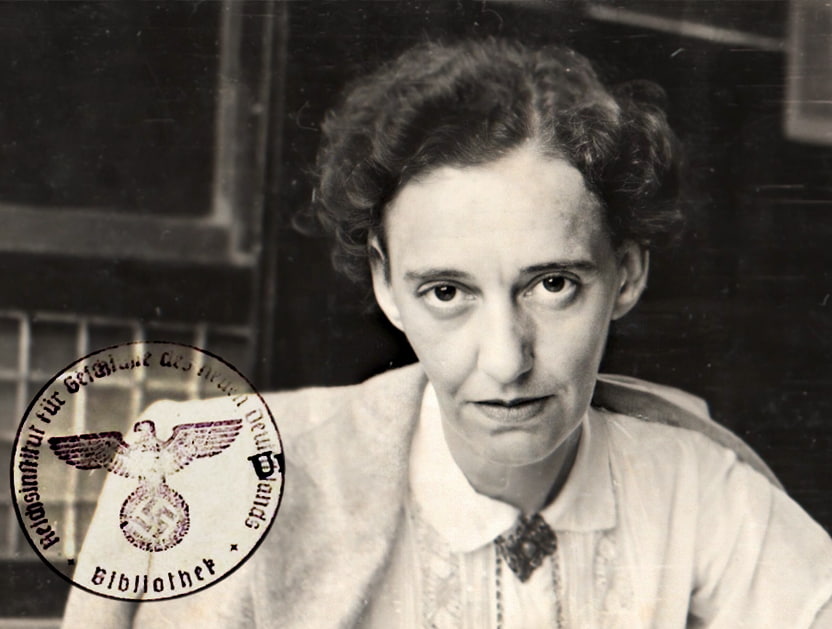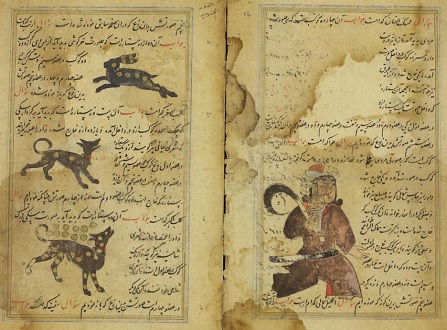Intercultural philosophy
להגדלת הטקסט להקטנת הטקסט- ספר
The meeting of different cultures, philosophies and religions today calls for an intensive and qualified discourse on the part of all concerned. Intercultural Philosophy seeks to develop such a discourse through a new orientation of thought that will allow for a discussion of all philosophical problems from an intercultural perspective. Arguing that no conceptual or terminological system should be unnecessarily privileged, Mall perceives intercultural philosophy as a stance taken in order to prevent any particular form from assuming an absolute position. In this important work he develo
| כותר |
Intercultural philosophy / Ram Adhar Mall. |
|---|---|
| מוציא לאור |
Lanham, Maryland : Rowman & Littlefield |
| שנה |
[2000] |
| הערות |
Description based upon print version of record. Includes bibliographical references (pages 125-143) and index. English |
| הערת תוכן ותקציר |
Cover Title Page Copyright Page Table of Contents Preface Introduction Chapter 1: Intercultural Philosophy-A Conceptual Clarification Preliminary Remarks The Hermeneutic Situation Today Culture and Philosophy The Concept of Intercultural Philosophy Cultural Encounters Interculturality Before Multiculturality Philosophy and Interculturality Notes Chapter 2: Toward a Theory of an Analogous Hermeneutics The Concept of Interculturality The Concept of an Analogous Intercultural Hermeneutics Toward an Ethos of Interculturality Asia Versus Europe or Universism Versus UniversalismNotes Chapter 3: Hermeneutics of the One Under Different Names Universality and Particularity Original Context The Import of the Vedic Dictum Today The Idea of ""Religio Perennis"" The Vedic Dictum and the Idea of ""Philosophia Perennis"" Toward a Metonymic Theory of One Truth Under different Names Chapter 4: Intercultural Philosophy and Postmodernity The De Facto Hermeneutic Situation The Concept of Postmodernity Interculturality and Postmodernity Modernity, Postmodernity, Interculturality, and beyondNotes Chapter 5: An Intercultural Philosophy of Unity without Uniformity The Principle of Unity A Critical Examination of Hegel's Philosophy of Unity Toward a Concept of a Nonreductive, open, and Normative Hermeneutics Chapter 6: Two Metaphors of Time-Arrow and Time-Cycle The Thesis Defended An Empirico-Phenomenological Approach Time-Arrow and Time-Cycle A Critical Comparison Three Factors in Time Consciousness An Intercultural Perspective Temporality and Historicity Concluding Remarks Chapter 7: Metonymic Reflections on Shamkara's Concept of Brahman and Plato's Seventh EpistlePreliminary Remarks Shamkara's Concept of the Nondual, the Nirguna Brahman Plato's Concept of the One and the Good (Hen and Agathon) and His Epistle VII Shamkara and Plato Compared and Contrasted Chapter 8: The God of Phenomenology in Comparative Contrast to Those of Philosophy and Theology Husserl's Religious Leanings Husserl's Concept of Teleology Two Paths to God: The Historical and the Philosophical The Program of Phenomenology in Relation to Teleology and TheologyPhenomenology of Religion Hume, Husserl, and Hegel Husserl and Scheler Husserl's Phenomenology and the Problem of God's Transcendence and Immanence Husserl, the Phenomenologist, and Husserl, the Believer Chapter 9: The Concept of the Absolute-An Intercultural Perspective Toward the Concept of an Overlapping Absolute An Interreligious Hermeneutics Philosophy of Values and the Absolute in Indian Thought An Intercultural Concept of Tolerance Chapter 10: Europe in the Mirror of World Cultures-On the Myth of the Europeanization of Humanity: A Non-European Discovery of Europe |
| סדרה |
Philosophy and the global context |
| היקף החומר |
1 online resource (168 p.) |
| שפה |
אנגלית |
| שנת זכויות יוצרים |
©2000 |
| מספר מערכת |
997010720480305171 |
תצוגת MARC
יודעים עוד על הפריט? זיהיתם טעות?

 כניסה עם גוגל
כניסה עם גוגל
 כניסה עם פייסבוק
כניסה עם פייסבוק




